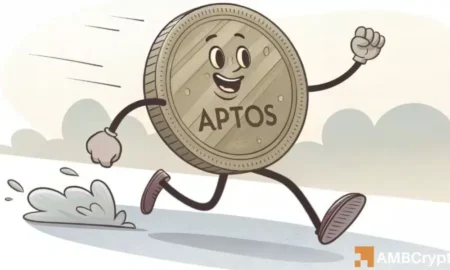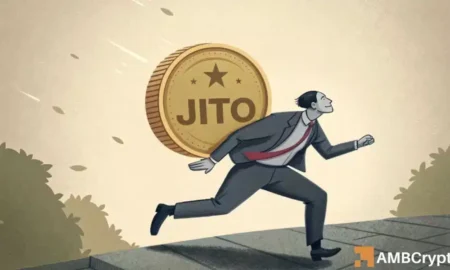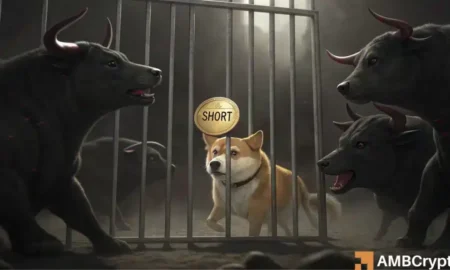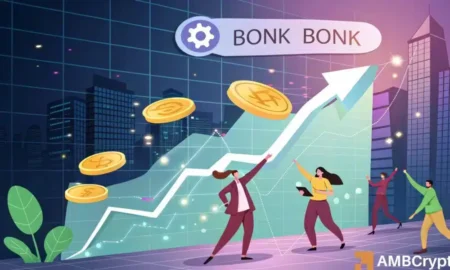Ripple vs. SEC: A Conclusion to Years of Legal Turmoil
The long-standing legal battle between Ripple Labs and the U.S. Securities and Exchange Commission (SEC) has reached a pivotal moment. Ripple’s CEO, Brad Garlinghouse, announced the company’s intent to drop their cross-appeal in the case, signaling an end to extensive litigation. The move comes amid a backdrop of shifting legal dynamics in the cryptocurrency space and reflects broader trends within the regulatory landscape surrounding digital assets.
In his statement on X, Garlinghouse noted, "We’re closing this chapter once and for all, and focusing on what’s most important – building the Internet of Value." This shift in focus is not merely a strategic retreat but a signal that Ripple is ready to move forward after years marked by uncertainty. Notably, following the announcement, the price of XRP saw a modest uptick of 1.4%, indicating renewed investor confidence.
The decision to withdraw the cross-appeal arose after U.S. District Judge Analisa Torres rejected a joint request from Ripple and the SEC to approve a settlement agreement. This agreement would have reduced Ripple’s civil penalty to $50 million, also allowing for the dissolution of the permanent injunction against the firm. The judge’s insistence on maintaining the injunction, which was based on the finding that there was a “reasonable probability” of Ripple violating federal securities laws, became a sticking point.
Previously, in May 2023, Torres dismissed an earlier settlement request due to jurisdictional and procedural issues. Her unwavering stance reflects the complexities and challenges that companies in the cryptocurrency sector face in navigating a legal framework that is still evolving. As the court demonstrated no willingness to compromise on its scrutiny of Ripple’s operations, the company’s decision to accept the original civil penalty of $125 million represents a strategic concession aimed at moving past the impasse.
Ripple’s legal saga began in 2020, initiated by the SEC under the then-chair Jay Clayton. The lawsuit claimed Ripple violated federal securities laws by selling XRP. Over years of legal wrangling and protracted court hearings, Torres ruled in 2023 that XRP’s sales to retail traders on public exchanges did not constitute securities transactions. However, sales to institutional investors were found to violate securities laws, leading to the current situation.
As Ripple and the SEC appear to be settling their legal disputes, the implications for the broader cryptocurrency industry could be significant. The case encapsulates heightened regulatory scrutiny on digital assets and the need for clarity in governance regarding cryptocurrency sales and trading. With Ripple now looking to refocus its efforts on innovation and the establishment of its platform, the outcome could set precedents that influence how other cryptocurrencies are regulated in the future.
As Ripple transitions to this new phase, stakeholders in the cryptocurrency market will be watching closely. This legal resolution may serve as an indicator of how regulators will engage with digital assets moving forward, particularly as the sector continues to mature. Ultimately, this case reflects not just the challenges of Ripple but also larger systemic questions regarding digital currency governance, investor protection, and innovation in the financial technology space.

















